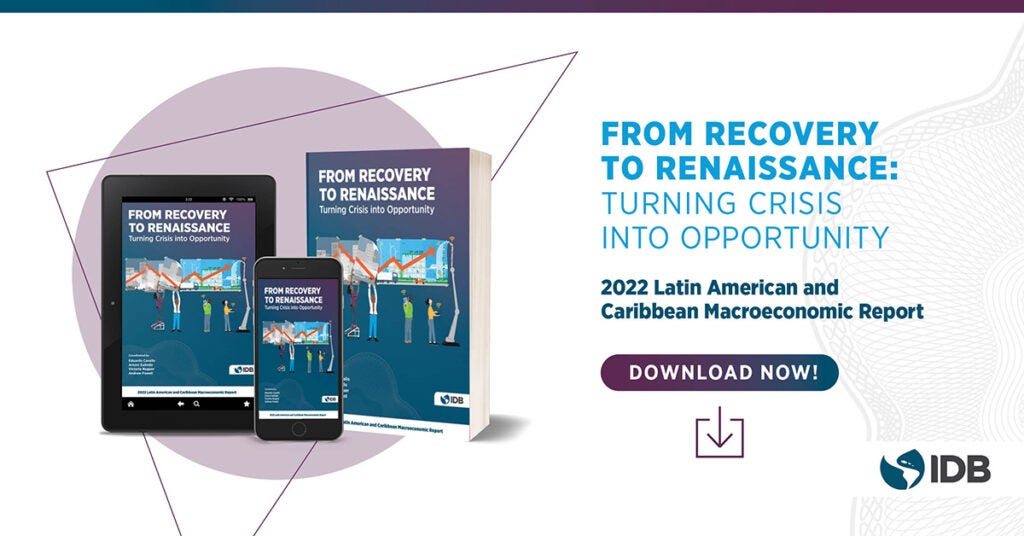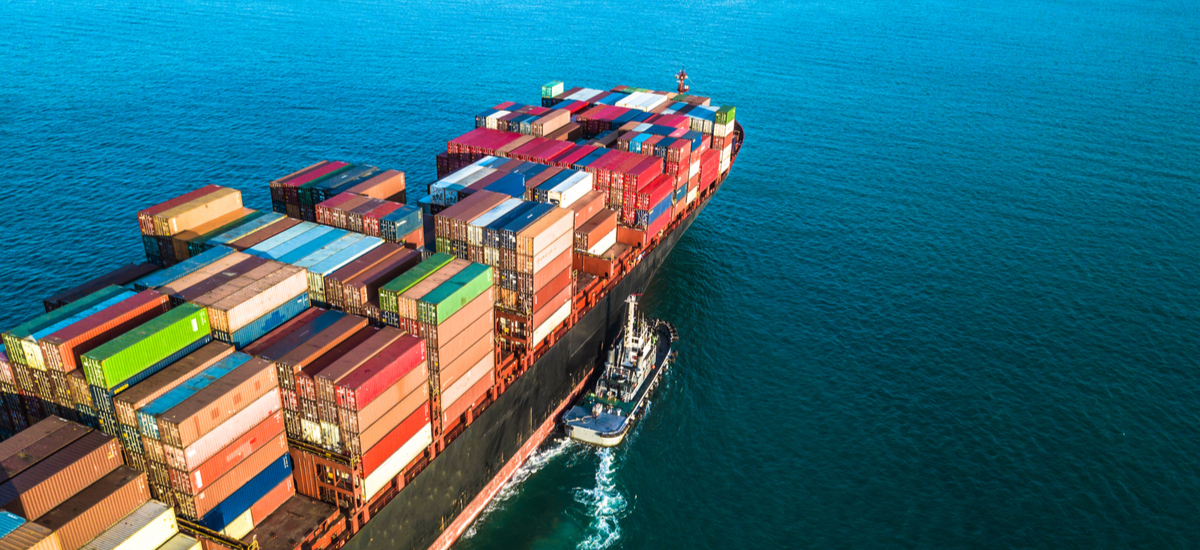
When war broke out between Russia and Ukraine at the end of February, businesses and governments in Latin America and the Caribbean worried that the war’s disruptions would cause significant harm to the region’s trade. What now seems clear is that rather than being deeply harmed, Latin America and the Caribbean has a significant opportunity to step in, relieve supply bottlenecks and mitigate the impacts of the war in markets where Russia and Ukraine are relevant players.
Only 0.3% of the exports of the median country in Latin America and the Caribbean go to Russia. But the region exports many of the same products to the same markets as Russia and Ukraine, including grains, steel, iron, and oil and gas. The region could boost those exports and play a significant role in alleviating global supply and inflationary pressures.
Wheat and the Russia-Ukraine Conflict
Russia and Ukraine, for example, are currently responsible for about 30% of the exports of wheat to the world. Global wheat prices soared by 21% in just the first month of the war, hitting the pocketbooks of the poor in advanced countries and slashing their food security in many developing ones. Argentina and other countries of the Southern Cone are major wheat producers. They now have the opportunity to expand old markets, create new ones, and help contain the rise in the global price of wheat.
Russia is also one of the world’s largest oil producers, and the war has sparked a spike in the price of oil and its derivatives. Several countries in the region are net exporters of oil. The crisis also provides them with an opportunity, as the high prices will benefit their fiscal accounts and improve their current account balances.
Potential Trade Pain
To be sure, there will have to be adjustments and some economic pain on the trade front, as we discuss in the recently released 2022 Latin American and Caribbean Macroeconomic Report. Paraguay delivered 33% of its beef exports to Russia in 2019, worth $335 million and a significant share of its seeds for oil production. Jamaica sells inorganic chemical and Ecuador sells fruits, with the percentage of the total exports to Russia from those three countries, ranging from just over 5% in Ecuador to 8.5% in Paraguay. Those countries will now have to find alternative destinations and experience some negative fallout during the transition.
Imports are another concern. Several countries—Brazil, Ecuador, Nicaragua, Peru and Suriname—import at least 30% of their fertilizers from Russia, a significant figure given the importance of agriculture in their export basket. Brazil, the exporting behemoth in agricultural products and the largest importer of fertilizers in the world is trying to resolve that problem through a search for new suppliers, including in Canada. Other countries will have to do the same.
Despite their importance, however, the imports of Russian fertilizers have a small impact macroeconomically. And the aggregate imports of Russian products generally to Latin America and the Caribbean represent only about 0.3% of total imports for the median country.

Indeed, notwithstanding the importance of specific problems in specific countries, the chance for the region to boost its exports, help global firms make their supply chains more resistant and reduce the volatility in the price of key commodities is the bigger story.
The Challenges of Trade Expansion
Trade expansion, of course, will not take place overnight. It takes time, especially given the nature of the production processes for different goods and restrictions on the supply and exploitation of natural resources. It will also depend on the region’s ability to overcome handicaps including weak export networks, deficient infrastructure and logistics, regional barriers to trade integration, and the need to strengthen institutions that promote commerce and provide information to exporters.
Such handicaps have held back an enlargement of trade in the past, most recently during the reshuffling of global trade that accompanied the Covid-19 pandemic. But the region has more than enough ability to overcome them. Given its enormous natural resources, export potential, and the opportunity to play a positive, instrumental role for the world’s economy and food security, it would be an immense shame if it didn’t.


Ciertamente la crisis producida por la guerra en Ucrania es una oportunidad para los países Latinoamericanos para posicionar sus productos en mercados diversos que han sido atendidos históricamente por Rusia y Ucrania. Es importante en este sentido desarrollar un proceso rápido de acompañamiento a los países latinoamericanos en los temas de logística, encadenamientos productivos y regulaciones que permitan integrarles en dichos mercados.